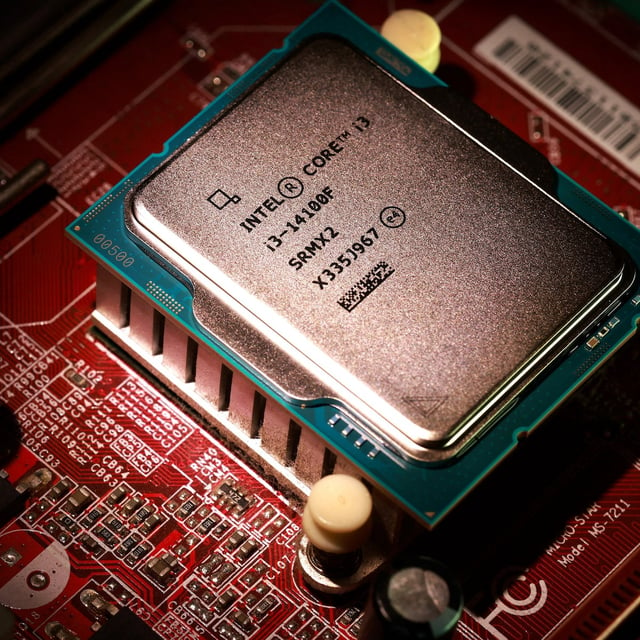Overview
- White House officials confirmed talks to take as much as a 10% stake in Intel, with Commerce Secretary Howard Lutnick saying any shares would be non‑voting.
- The proposal would convert part of Intel’s roughly $10.9 billion in CHIPS Act awards into equity to secure a taxpayer return and bolster domestic chip capacity.
- A government official told the Wall Street Journal the U.S. is not pursuing equity in companies increasing U.S. investments, specifically TSMC and Micron, and Reuters reported TSMC has discussed returning subsidies if asked to accept shareholders.
- Chip and tech stocks slid after the equity-for-grants plan surfaced, with declines reported in Intel and peers during intraday trading.
- Senator Bernie Sanders endorsed the shift to taxpayer equity while some conservatives criticized it, and officials said broader applications and final terms remain under negotiation.



